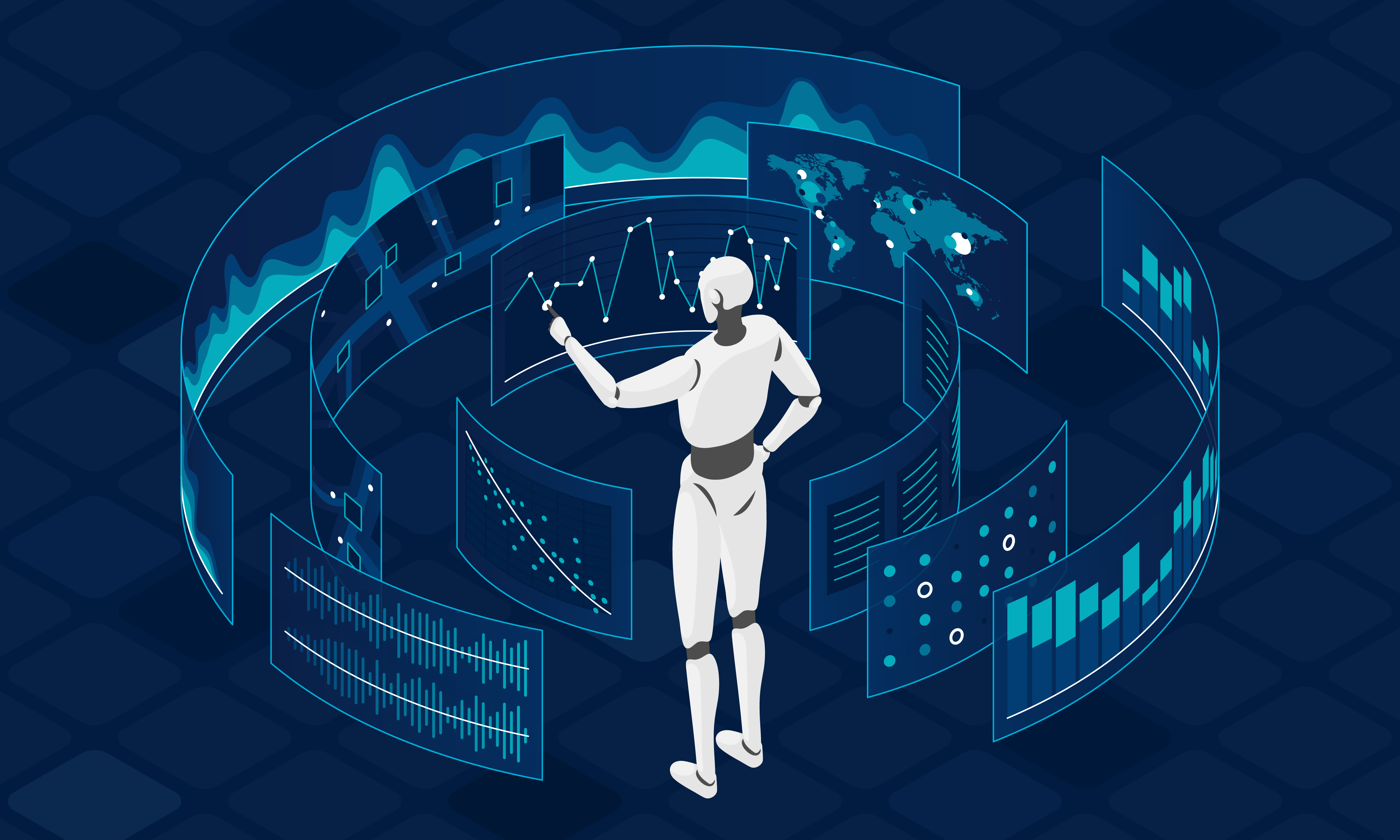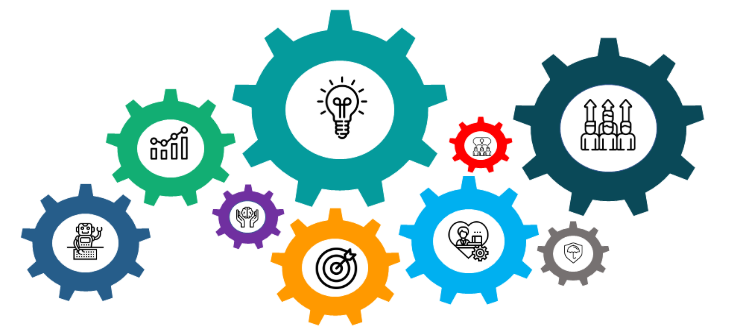Sign Up for Our
Updates
Process mining is a data science-based tool used to analyse an end-to-end process. Most modern software produces an execution log, which can be extracted and fed into a process mining tool to show how long a process takes, the steps involved and the users involved. This tool can help to find bottlenecks, delays, inefficiency and even compliance requirement gaps. The tool we use in-house is myInvenio, which produces a process map simultaneously, making for an easy-to-read graphical representation.
This analysis is also not limited to a single set of logs from a process or program. Process mining can be carried out enterprise-wide and can show an entire workflow through multiple functional areas and across software platforms.
Favourite Features
Use of Historical Data to Map Outcomes
As a data science-based technique, “the unreasonable effectiveness of data” applies, and the more data process available, the more accurate the final analysis will be. As process mining can use historical data, this can make for an efficient time to value. Suppose your software already generates usage logs, which frequently occurs. In that case, entire years of operational data can be analysed and acted on in a short project timeline (weeks).
Virtual Process Experimentation
When an idea that sounds like a robust improvement on paper fails to account for other linked processes or parts of a process, this project will often fail or deliver less than expected results.
One of the capabilities of myInvenio is to implement a process change or even the automation of a function virtually. In this way, organisations can test changes and simulate the delivered benefit before disrupting staff workflows and/or purchasing costly licensing to automate a process bottlenecked elsewhere. Even if your organisation has already deployed the automation, process mining can analyse it and identify alternative areas to draw value from the license.
Potential Pitfalls
Aside from the privacy concerns (identified in What is Task Mining), the Journal of Biomedical Informatics identified two critical weaknesses of process mining activities in healthcare.
Difficult to read interfaces
Many previous generation process mining tools generated reporting designed for a process engineering professional. As such, product designers gave little thought to ensuring the interface was intelligible by a non-expert. This poor UX is undesirable in healthcare, as the modern approach to health is highly multidisciplinary, and input is required from across functional groups to ensure that a project delivers tangible results for frontline workers, patients, and payers.
The requirement for process mining experts
Another potential downside of process mining was that the tools were not straightforward for a non-expert to apply. While interface improvements have been made, I do think it is unreasonable to expect all medical experts also to be process optimisation experts, and if tools are excessively simplified, we could miss some insights available by expert analysis of process mining results.
How to Avoid Problems
The key to avoiding these problems is collaboration. A multidisciplinary team with process owners using a modern process mining tool can extract a lot of useful information about where there is wasted time and effort. However, adding an expert in process analytics and optimisation in collaboration can ensure that you achieve the best possible results.
Where Task Mining Can Benefit Healthcare
Highlighting High Task Switching Burden
Process mining can improve clinical workflows by identifying tasks that require frequent switching between sub-tasks or software suites, resulting in rapid fatigue of the operator and a lot of wasted time. An example of this could be a daily patient workflow (e.g. observations entry) in which a nurse must log into multiple systems on a single machine to accomplish the task. Many of these systems do not allow more than one window to be open at a time, resulting in a stressed clinician having to open and close windows, enter credentials and wait for load times multiple times, or even make mistakes transferring information.
Ensuring Health Critical Process Compliance
Using process mining, we can examine health information management for potential gaps in compliance, identifying security breaches where leaks of patient information or cyber-attacks could occur. Problems such as missed updates, neglected machines, incomplete reporting flows and others can be identified and addressed ahead of time, before either an accidental patient information leak or malicious attack, such as an encryption worm, can happen.
Conclusion
As with task mining, process mining is still not widely used in healthcare. The concerns around the exposure of passwords or private data that we discussed in my task mining blog post are less valid to process mining. The data analysed is specifically exported to the tool, requiring no contact with any clinical data that the team deems irrelevant to the process itself.
Having seen the benefits of task mining in resource allocation in non-clinical settings, it seems especially important to consider it now. Productivity tools such as RPA and integration platforms are expensive and will only be effective for the health sector if workflows have been optimised. With the added benefits identified in compliance and security improvements, I believe process mining is ready to make a real difference to patient health today.



.jpg)

